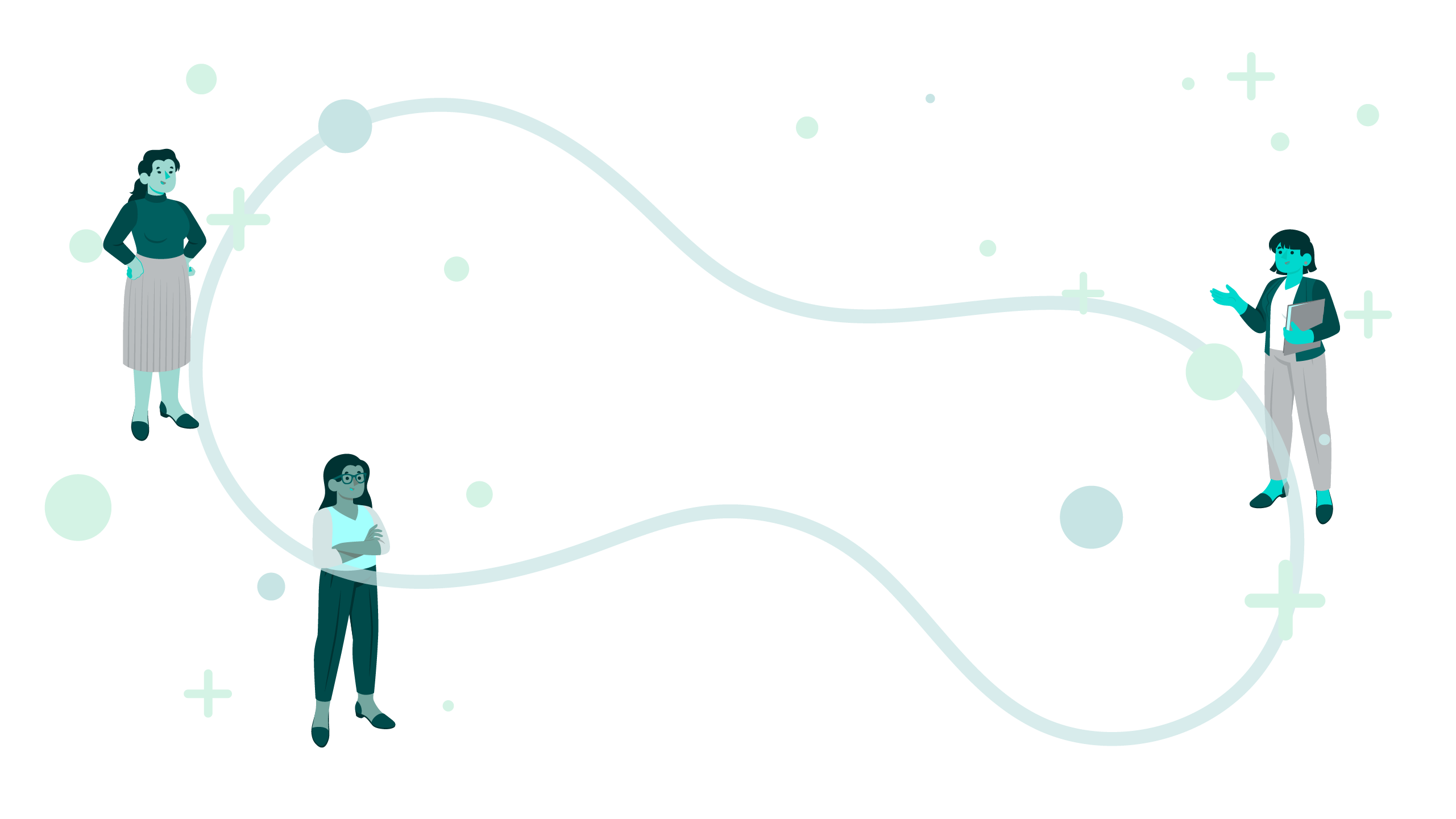Celebrating women in global health:
How gender equity informs our work
This International Women’s Day, we’re taking the opportunity to celebrate the women who work at Malaria Consortium and to shine a spotlight on how a focus on gender informs our vision of achieving equal access to healthcare for all.
Part of our work at Malaria Consortium includes identifying gender inequity and taking concrete steps to address it. Examples include tailoring our social and behavioural interventions to work for people of all genders, such as our Community-led Solutions to Antimicrobial Resistance (COSTAR) research project, which empowered women to lead participatory sessions and involve their communities in shaping the design and implementation of health programmes. It can also be found in our Malaria Action Program for Districts, or MAPD, which explored how gender-related norms could be hindering malaria control in Uganda, and training project staff to integrate issues of gender into their routine work.
We spoke to three employees at Malaria Consortium to learn more about their career paths and motivations, and to find out how a gender lens features in their day-to-day work.

"Everything that I do, I look at it in terms of how it affects men and how it affects women"
Maureen Nakirunda


About Maureen
Maureen Nakirunda, Research Coordinator at Malaria Consortium Uganda
Maureen Nakirunda’s educational background is in gender studies. After graduating, she went to work at the Ministry of Gender, Labour and Social Development in Uganda, where she was able to put into practise what she had learnt at university, helping to develop policies at the local and national level. This meant “ensuring that everything you did, you had a gender lens," she says.
Working in these communities, she has also found women are often reliant on their spouse to facilitate access to resources, such as money for transport. This too can hinder access to health services for women.
Everything that I do, I look at it in terms of how it affects men and how it affects women.”
"Society has more to do to make women realise that they can do whatever it is they want to do"
Dorcas Essien


About Dorcas
Dorcas Essien, Digital Health Manager at Malaria Consortium Nigeria
Growing up, Dorcas had thought she would be a doctor or a lawyer. But at school, she was learning Microsoft packages and software skills. And then when she got into university, she wanted to continue working with technology and keep learning.
“I think that's the beauty of being in the tech space: there’s always something new to catch up with.”
Dorcas, who joined Malaria Consortium in the summer of 2023, is a digital health manager; this entails providing technical oversight for digital health implementation and overseeing coordination on project development. She is currently completing her master’s in data science and has an undergraduate in computer science. Alongside the learning aspect, she likes the real-world impacts of her work, too.
“Just knowing that the solution I build or the solution I develop is impacting actual lives; it’s helping health workers to make better decisions.”
But gender imbalances translate over to her day-to-work too: when she is carrying out product evaluation, she tends to see men overrepresented, which means the end product may not be as useful for all genders. And the gender disparity in her field is prominent. She says the ratio is usually 10:1, where she’s often the only woman. Men frequently ask if they can help her, and she has to reassure them that she’s more than capable of doing the work herself, she says.
She hopes that the barriers to roles more traditionally associated with men continue to fall away for women and girls looking to enter these fields.
“I think society has more to do to make women realise that they can do whatever it is they want to do.”
"Try to break those barriers that are preventing you from moving forward"
Neide Canana


About Neide
Neide Canana, Senior Research Coordinator at Malaria Consortium Mozambique
Neide Canana’s role model is her mother, who worked in the health field while raising four children. Her commitment to health showed Neide that she, too, could pursue a job like her mother’s.
She completed her bachelor’s degree in hospital management and administration and started working at a district level, where she saw the reality of people’s health issues unfold:
“What people actually need, and what the health systems have to do to improve people’s health.”
She recalls seeing pregnant women go to hospital several days before they were due to give birth, simply because if they left home on the day of the birth, the distance they would have to walk meant they wouldn’t make it to the hospital in time. Such instances of the effects of limited access to healthcare set her on a new track.
She decided that she wanted to get a master’s degree in health economics but lacked the resources to do so. Regardless, she was undeterred; “I said, I will do it.” She managed to secure scholarships to study in South Africa at the University of Cape Town and studied health economics to be able to help equip health systems to provide women with all the necessary healthcare that they need.
Because of cultural circumstances, women don’t always have the same opportunities as their male counterparts. She laments this inequality and urges other women to challenge those norms.
“Try to break those barriers that are preventing you from moving forward.”




